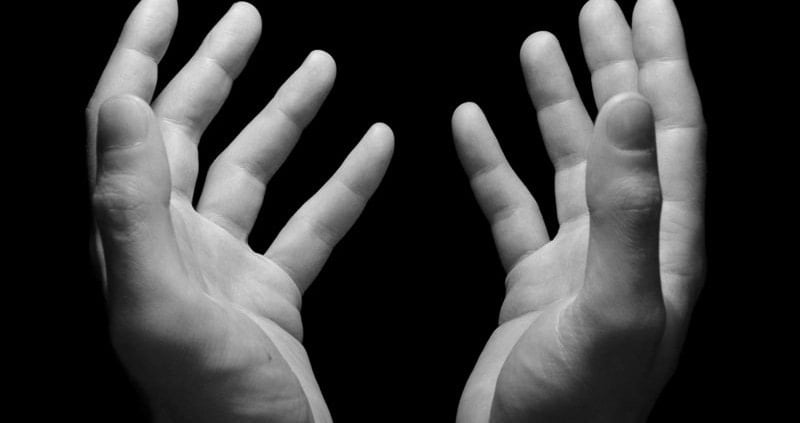Is it permissible to make du’a during prostration, between the prostrations and at the end of the prayer? Must one only make Qur’anic supplications?
Question Summary
Is it permissible to make du’a during prostration, between the prostrations, and at the end of the prayer? Must one only make Qur’anic supplications?
Answer
In the Name of Allah, the Most Merciful and Compassionate
It is permissible to supplicate when prostrating, between the prostrations, and at the end of the prayer. [Tahtawi/Shurunbulali, Hashiyat Maraqi al-Falah ]
The Messenger of Allah (may Allah bless him and give him peace) said, “The closest the slave can be to their Lord is while prostrating.” [Ahmad]
Type of Supplications
The following types of supplications are permissible:
(1) Supplications from the Qur’an
(2) Supplications from the Prophetic Hadith
(3) Any supplication which resembles the above two
To clarify the last type, any supplication that no one of the creation could conceivably fulfill. [Tahtawi/Shurunbulali, Hashiyat Maraqi al-Falah ]
For example, asking for guidance or Paradise is not within the creation’s ability to fulfill; only Allah can fulfill such a supplication. As opposed to asking for a car or a certain person’s hand in marriage.
The Wisdom Behind This Ruling
The Messenger (may Allah bless him and give him peace) said, “Verily in this prayer of ours, no speech of the people is befitting. It (i.e., the prayer) is the only glorification, exalting, and recitation of the Qur’an.” [Nasai’]
Hope this helps
Allah knows best
[Shaykh] Yusuf Weltch
Checked and Approved by Shaykh Faraz Rabbani
Shaykh Yusuf Weltch is a teacher of Arabic, Islamic law, and spirituality. After accepting Islam in 2008, he then completed four years at the Darul Uloom seminary in New York, where he studied Arabic and the traditional sciences. He then traveled to Tarim, Yemen, where he stayed for three years studying in Dar Al-Mustafa under some of the greatest scholars of our time, including Habib Umar Bin Hafiz, Habib Kadhim al-Saqqaf, and Shaykh Umar al-Khatib. In Tarim, Shaykh Yusuf completed the memorization of the Qur’an and studied beliefs, legal methodology, hadith methodology, Qur’anic exegesis, Islamic history, and several texts on spirituality. He joined the SeekersGuidance faculty in the summer of 2019.
